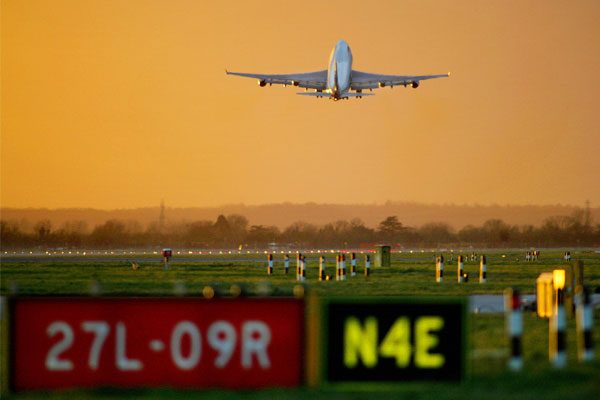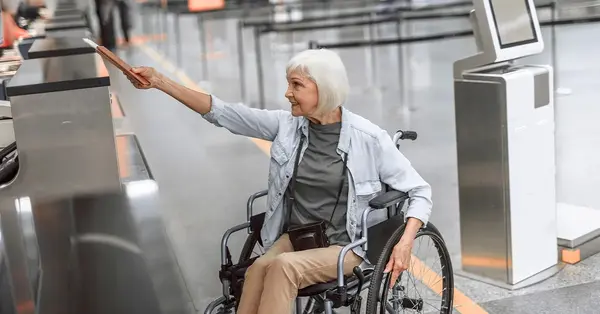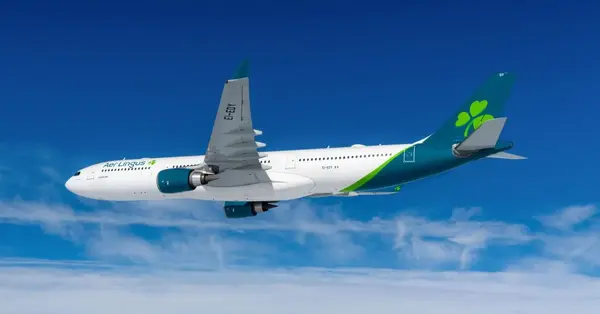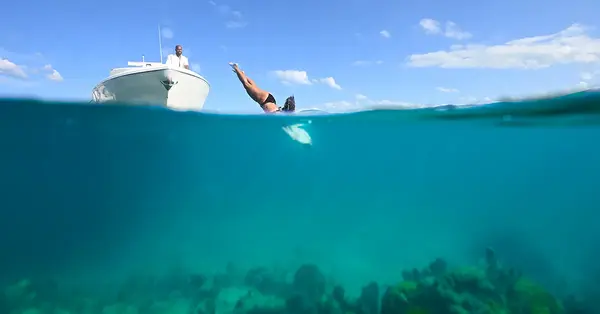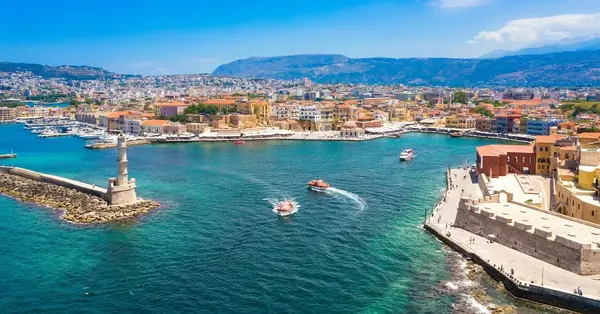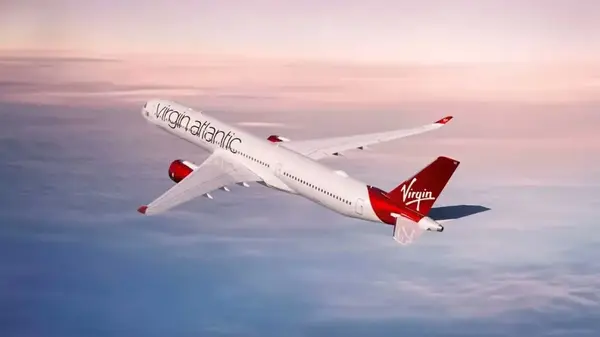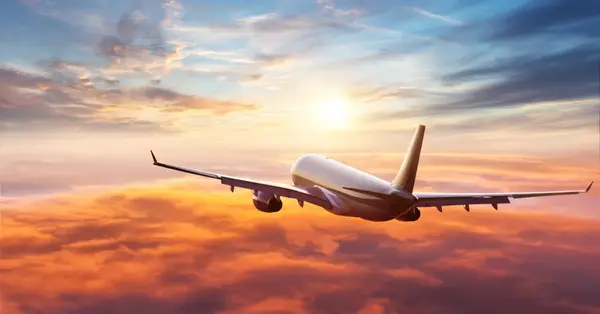You are viewing 1 of your 2 free articles
European airports dispute Iata warnings over Covid recovery charges
Iata has been accused of painting a “distorted and flawed picture” of European airports by suggesting that hikes in charges place the burden of the recovery exclusively onto airlines.
The claim was made that this would stall recovery in air travel and damage international air connectivity.
The Airports International Council hit back against the comments made at Iata’s annual meeting in Boston.
The airline trade body warned that planned increases in charges by airports and air navigation service providers (ANSPs) will stall recovery in air travel and damage international connectivity.
More: Airline pandemic losses forecast to surpass $200 billion next year
Iata commits to hit net-zero carbon target by 2050
Iata chief slams failure to harmonise Covid travel rules
It estimated that airport and ANSP charges increases have already reached $2.3 billion.
And Iata claimed that further increases could be “ten fold” this number if proposals already tabled by airports and ANSPs are granted.
Iata director general Willie Walsh said: “A $2.3 billion charges increase during this crisis is outrageous.
“We all want to put Covid-19 behind us. But placing the financial burden of a crisis of apocalyptic proportions on the backs of your customers, just because you can, is a commercial strategy that only a monopoly could dream up.
“At an absolute minimum, cost reduction – not charges increases – must be top of the agenda for every airport and ANSP. It is for their customer airlines.”
In reaction, ACI said: “By requesting systematic freezes or reductions in airport charges, Iata is clearly forcing airports into further financial distress to the exclusive benefit of airlines.
“Frozen or lower airport charges would not prevent airlines from exercising their pricing power over consumers and raise air fares.”
ACI pointed out that airports suffered a 60% collapse in revenues in 2020 and 65% in the first half of this year due to the Covid pandemic.
“Just like airlines, Europe’s airports have posted historic losses in this crisis,” ACI added. “But unlike most prominent Iata member airlines based in Europe, they have not benefited from the same financial largesse from their governments.
“As a result, they have had no recourse but to take on massive debt at market conditions. Europe’s airports gross financial debt has so far increased by 200% compared to 2019.”
Financial prospects for airports remain bleak despite air traffic picking up since June as most of Europe’s airports are facing a “cost intensive and revenue weak” recovery.
“This results from the need to scale up facilities and services to accommodate peaks in airlines’ own schedules while overall volumes still fail to generate the revenues required to cover costs,” ACI said.
“This is also a consequence of the generous airport slot usage waivers granted to airlines, which results in unused capacity. These factors are particularly hurting the large and hub airports.”
Europe’s airports are now facing an “investment crunch” as a result “and many will simply not be able to financially recover without increasing charges – unless governments would be willing to step in and compensate airports for not doing so”.
ACI Europe director general Olivier Jankovec said: “We should ultimately remember that airlines can afford to pay airport charges.
“Airlines only pay airports if they operate, and only weeks after they have collected revenue from passengers.
“Airlines are ill-placed to give us a lesson in preserving the interests of customers, when they refused for months to refund passengers for flights that could not take place, with some still dragging their feet to do so.
“The intervention of the European Commission on this is telling.
“The long-term recovery of the air transport eco-system will be secured through stabilising and further stimulating demand.
“These objectives are core to airports’ pricing structures with over 95% of Europe’s airports routinely offering rebates and incentives to airlines.
“Focusing on investment in sustainable infrastructure will be essential in the recovery as part of the building back better agenda. This calls for increased cooperation and long-term alignment between all air transport eco-system partners, rather than short-term unilateral actions at the expense of others.”
More: Airline pandemic losses forecast to surpass $200 billion next year
Iata commits to hit net-zero carbon target by 2050

